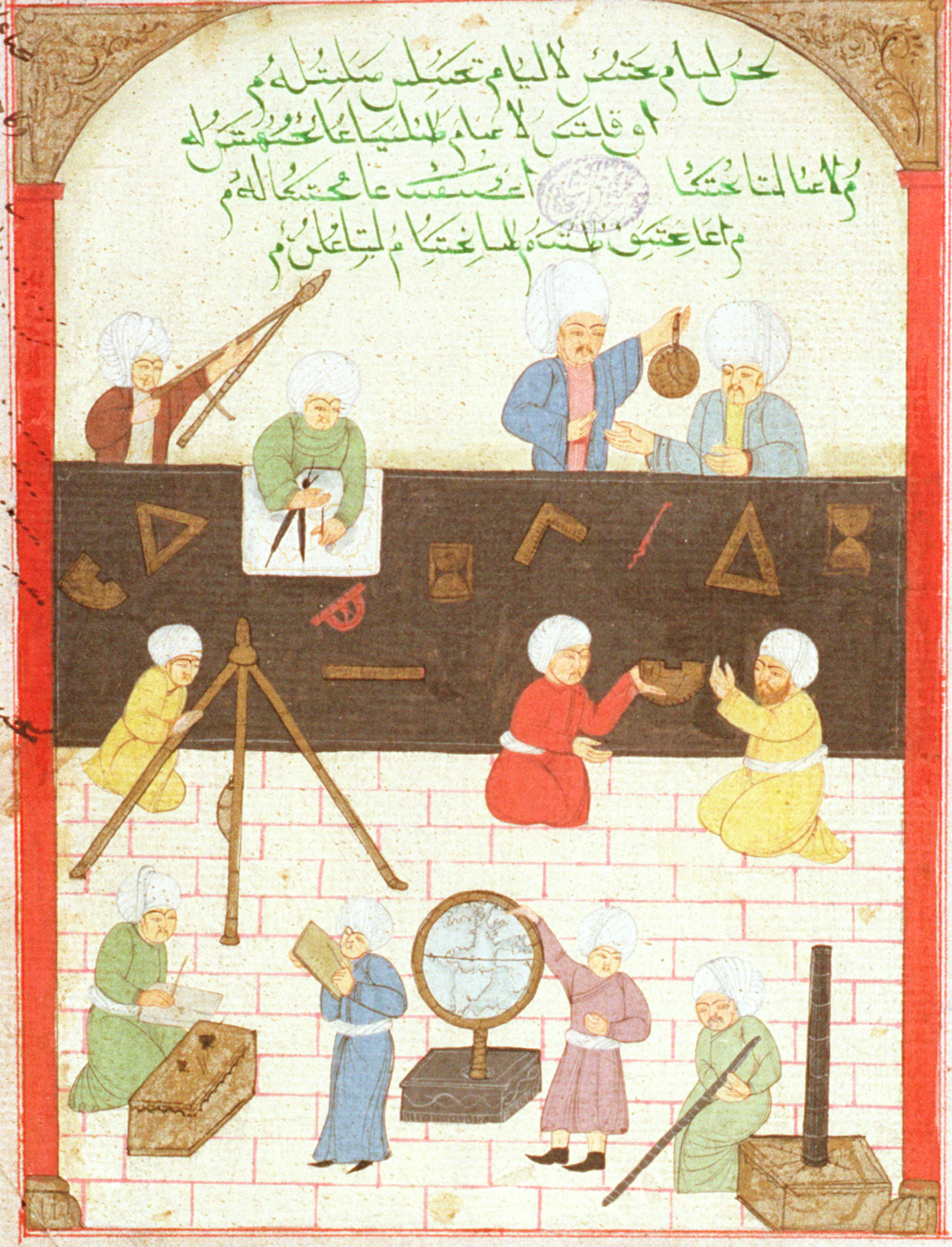
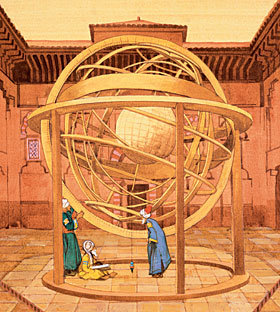
Islam promotes knowledge through questioning and learning
Islam urges people to read and learn on every occasion. The verses of the Qur'an command, advise, warn, and encourage people to observe the phenomena of nature, the succession of day and night, the movements of stars, the sun, moon, and other heavenly bodies. Muslims are urged to look into everything in the universe, to travel, investigate, explore and understand them. This helps to better appreciate and be thankful for all the wonders and beauty of God's creations. The first revelation to the Prophet Muhammad (peace be upon him) illuminates the importance of the role of knowledge.
"Proclaim! (or read!) in the name of thy Lord and Cherisher, Who created- Created man, out of a (mere) clot of congealed blood: Proclaim! And thy Lord is Most Bountiful,- He Who taught (the use of) the pen,- Taught man that which he knew not." – Qur’an English Translation [96:1]
Learning is very important for
both men and women. Moreover, education is not restricted to religious issues;
it includes all fields of knowledge, including biology, physics, and technology.
Almost from the very beginnings of the Islamic state Muslims began to study and
to master a number of fields of so-called secular learning, beginning with
linguistics and architecture, but very quickly extending to mathematics,
physics, astronomy, geography, medicine, chemistry, and philosophy. They
translated and synthesized the known works of the ancient world, from Greece,
Persia, India, even China. Before long they were criticizing, improving and
expanding on that knowledge.
Centuries before the European Renaissance there were Muslim Renaissance men, men who were simultaneously explorers, scientists, philosophers, physicians and poets.
Islam is a religion based upon knowledge for it is ultimately knowledge of the Oneness of God combined with faith and total commitment to Him that saves man. The text of the Qur’an is replete with verses inviting man to use his intellect, to ponder, to think and to know, for the goal of human life is to discover the Truth which is none other than worshipping God in His Oneness.
During most of its history, Islamic civilization has been witness to a veritable celebration of knowledge. That is why every traditional Islamic city possessed public and private libraries and some cities like Cordoba and Baghdad boasted of libraries with over 400,000 books. Such cities also had bookstores, some of which sold a large number of titles. That is also why the scholar has always been held in the highest esteem in Islamic society.
In fact, the oldest continually operated university in the world today is the eleven hundred-year-old Islamic university of Fez, Morocco, known as the Qarawiyyin established in 859 CE. Al-Azhar University in Cairo, Egypt ranks a close second founded by the Fatimid dynasty in 970 CE. The Islamic university system predates renown schools such as The University of Paris, Cambridge, and Oxford by more than three centuries.
Indeed God speaks of knowledge as a reward for the righteous:
"When he (Moses) reached full age, and was firmly established (in life), We bestowed on him wisdom and knowledge: for thus do We reward those who do good." – Qur’an English Translation [28:14]


"And that those on whom knowledge has been bestowed may learn that the (Qur'an) is the Truth from thy Lord, and that they may believe therein, and their hearts may be made humbly (open) to it: for verily Allah is the Guide of those who believe, to the Straight Way." – Qur’an English Translation [22:54]
To name a few notable Muslim achievers in science:
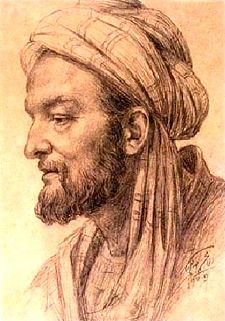
Ibn Sīnā is regarded as a father of early modern medicine, particularly for his introduction of systematic experimentation and quantification into the study of physiology. His most famous works are The Book of Healing, a vast philosophical and scientific encyclopedia, and The Canon of Medicine, which was a standard medical text at many Islamic and European universities up until the early 19th century. He was also an astronomer, chemist, Hafiz, logician, mathematician, poet, psychologist, physicist, scientist, Sheikh, soldier and statesman.
Considered Father of Chemistry. He emphasized systematic experimentation, and did much to free alchemy from superstition and turn it into a science.
A gifted mathematician, astronomer, physician and a geographer as well as a talented musician. He wrote the first treatise in cryptography.
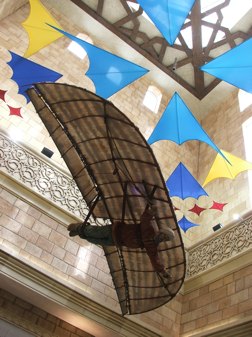
Humanitarian, technologist, and chemist. He was the first man in history to make a scientific attempt at flying. Ibn Firnas Airport to the north of Baghdad is named after him.
Was a physician who is mostly famous for being the first to describe the pulmonary circulation of the blood.
Mathematician who took the first steps toward the introduction of algebraic symbolism by using letters in place of numbers.
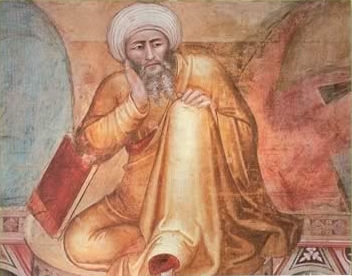
Philosopher, physician, and polymath: a master of philosophy, theology, Islamic law, astronomy, geography, mathematics, medicine, physics, and psychology. He held the notion that there is no conflict between religion and philosophy, rather that they are different ways of reaching the same truth. Averroes is most famous for his translations and commentaries of Aristotle's works, which had been mostly forgotten in the West.
Was Islam's greatest medieval surgeon, whose comprehensive medical texts, combining Middle Eastern and Greco-Roman classical teachings, shaped European surgical procedures until the Renaissance. He is considered the Father of Surgery. His greatest contribution to history is Al-Tasrif, a thirty-volume collection of medical practice.
Even today, modern Muslims are still breaking ground in the Academic world. During the Last 4 years since 2006 Muslims have won 4 prestigious Nobel Prizes: Muhammad Yunus won the Nobel Peace Prize (2006), Orhan Pamuk won the Nobel Prize in Literature (2006), Mohamed ElBaradei won the Nobel Peace Prize (2005), and Shirin Ebadi the Nobel Peace Prize (2003).
"He granteth wisdom to whom He pleaseth; and he to whom wisdom is granted receiveth indeed a benefit overflowing; but none will grasp the Message but men of understanding." – Qur’an English Translation [22:54]
Check out the following sites to read more about the advancements of Muslims in Science:
http://www.islamicity.com/Mosque/IGC/knowledge.htm
http://en.wikipedia.org/wiki/Timeline_of_Islamic_science_and_technology
http://en.wikipedia.org/wiki/List_of_Arab_scientists_and_scholars
http://www.cyberistan.org/islamic/